I previously studied Applied Science at AUT and then became a stay-at-home mum. Once my children were in school, I wanted to further my education. Returning to university as an older student can be daunting, but I felt determined to succeed and put in the work. So, I was excited to hear I had won the David Wylie Award for a piece I wrote on how dyslexia affects a person's information needs and information-seeking behaviour.
I recently completed the Library and Information Studies Diploma through Te Pūkenga The Open Polytechnic. With a love of reading and organising information, this diploma sounded ideal to me - especially as it allowed me to study around family life and other commitments. I enjoyed learning about how different communities engage with information services and gaining knowledge on various aspects of records management.
Now that I have completed my diploma, I am looking for work in libraries, museums, or records management within the information sector. I would love to work with children to instil a love of reading and building knowledge. I am also looking into voluntary work to gain experience and give back to the community.
Because the diploma is mainly theoretical, I would love to see diploma graduates supported through mentorships, internships or partnerships with information organisations to provide jobs. Mentors could provide new graduates with guidance and insight into their profession, while internships could offer valuable skills, experience and networking development. Partnerships with councils, schools, universities and other information organisations could give graduates the chance to be offered roles directly based on the merit of their diploma. These options could help graduates like myself, who have gained the knowledge, and have the passion but lack references or hands-on experience within the information sector.
The David Wylie Award is awarded to both Te Herenga Waka Victoria University of Wellington and Te Pūkenga Open Polytechnic students who their institution judges to have completed the best-written work on an aspect of library and information studies.

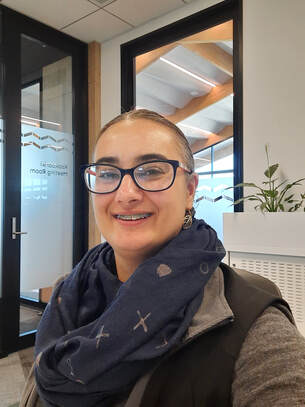


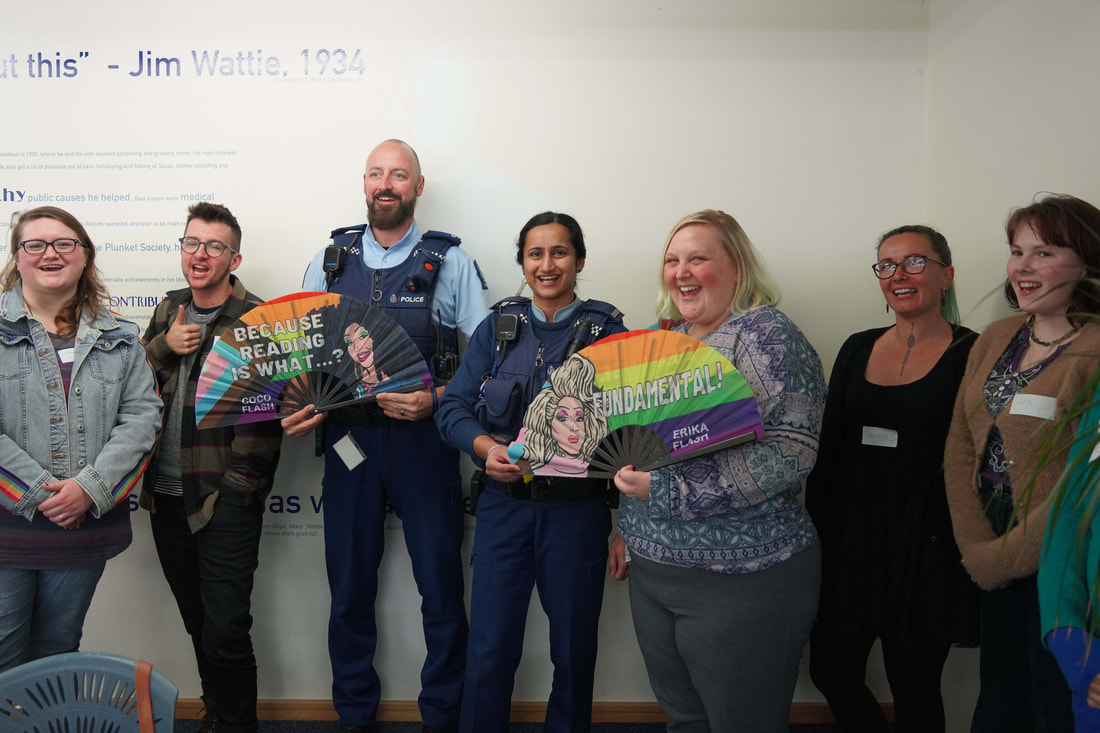
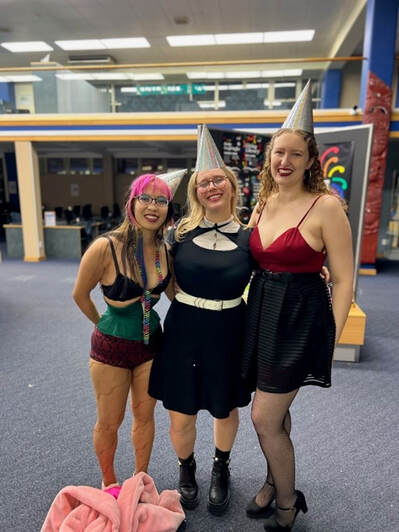
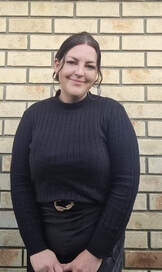
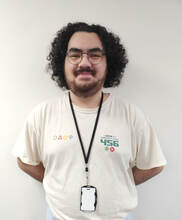
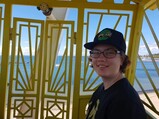

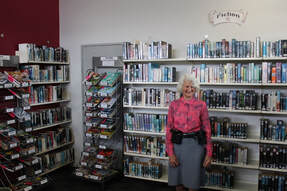
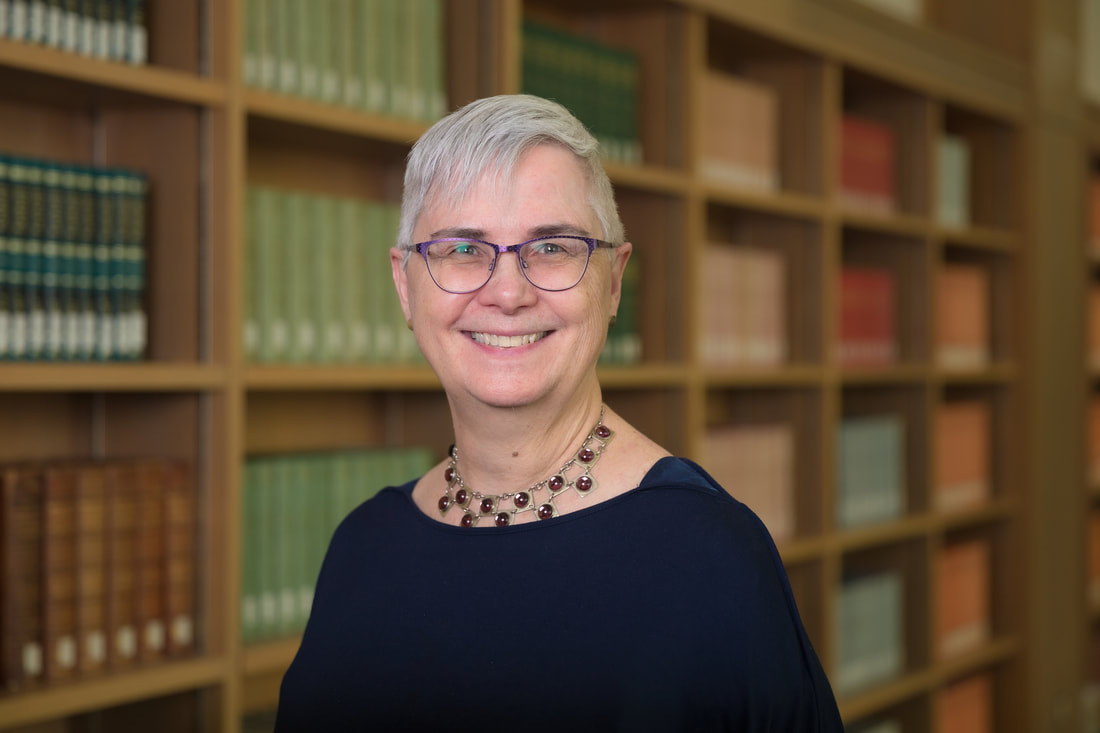

 RSS Feed
RSS Feed